You’ve made the decision to rent your property out but where do you start? What should you do to attract tenants and achieve a good rent? Here are our top five tips to help you rent out your property.
1. Presentation
First impressions count and you only get one chance to make that initial one, so it must to be good. Most people decide within the first minute of walking into a property if it is right for them, so it is important to create a good feeling from the moment someone enters the front door. Make sure your decoration is up to date. Touch up any scuff marks or chipped areas on walls and if need be paint rooms that look old and tired. Take a hard look at your kitchen and bathroom suites – how old are they? Do they need updating? If the grout and sealant are mouldy then replace them. Take a look at your carpets/wooden flooring - Are they in good condition or threadbare/chipped? Do they create the right first impression? If not update them.
Also, don’t forget the front and rear gardens if you have them. Over the last year we have seen how important it is for people to have access to outside space. This has almost become tenants’ number one requirement following the pandemic so make sure they are neat and tidy with the grass mowed and the weeds removed. A slightly overgrown garden now will likely become a jungle in the future if given to a tenant in an untidy state!
We appreciate the above advise might not always be possible if tenants are living in the property and are due to move out but, where possible, try and plan ahead. If the property does not present well it might be prudent to wait until it becomes vacant and then do the necessary work to make it modern and up to date.
2. Professional cleaning
Cleanliness is vital. It’s the thing landlords and tenants argue about the most at the end of the tenancy. It is for this reason that it is so important that the landlord sets the tone for the standard of cleaning. Having a property professionally cleaned at the start of the tenancy means that is the standard the tenants has to return it in. No ifs, no buts, the property will need to be handed back having been professionally cleaned. If you decide to do it yourself then you can only expect the tenant to do the same at the end of their tenancy. Remember, different people can have wildly different views as to what is “clean”. This causes problems and then leads to issues with regards to our first tip – presentation.
3. Electrical certificate
Legislation came into effect in June 2021 and April 2021 resulting in all rented properties in England needing to have an electrical certificate deeming the electrics as satisfactory. If you currently let a property out and don’t have one then you need to act now! But if you are thinking of renting your property out we would almost go as far as to say this tip should be addressed first. The reason for this is that unless your property has been rewired or built within the last couple of years it is almost inevitable that the electrics will need updating in some form or another. We cannot stress the importance of not leaving this to the last minute. Some landlords have learnt the hard way over the last year leaving the electrical certificate to be done only a few days before a tenant is due to move in only to discover the property needs re-wiring causes no end of problems. Therefore, you need to have your electrics inspected at the earliest opportunity not the latest.
4. Empty loft/shed/garage
You know that conversation you have about always needing more storage space at home? Well tenants have the same issue too. They are no different to homeowners in wanting to have as much storage space as possible. So, it is important to make sure that if your property has any storage areas such as a loft, garage, shed, etc that you empty them and allow the tenants to use them. It might be tempting to leave a few items in these areas or say tenants cannot use them but it can make such a difference. A house with a garage where you cannot use the garage will not appeal to people. A property with a loft where you cannot store anything could be the difference to being able to let the property or not. So where possible always make sure you are giving tenants storage space. The more they can store, the longer they will stay!
5. Inventory & Schedule of Condition
Since the introduction of deposit protection and deposit arbitration the importance of having an Inventory & Schedule of Condition cannot be stressed enough. In a nutshell this document is the evidence you need if you wish to propose deductions from a tenant’s deposit. Without it, a landlord will lose an arbitration through the deposit scheme as the onus is on the landlord to have evidence of the condition of the property at the start of the tenancy and the end. The only accepted evidence is an Inventory & Schedule of Condition which has been done by an independent party not the landlord or agent. Why? Most landlords will not put enough information and description in the report compared to an inventory company and the agent is naturally biased as they work for the landlord. Therefore, using an Inventory company will produce a document that is independent and also detailed enough. The best way to look at it is that it’s like having an insurance policy. It might hurt to pay for it but the moment you need to use it, you will be so glad you have it!
Truth be told, there are a lot more tips you should be aware of when renting out your property so if you would like to know more please don’t hesitate to contact us on 020 8958 1118.
Finding your Way Home with Benjamin Stevens.
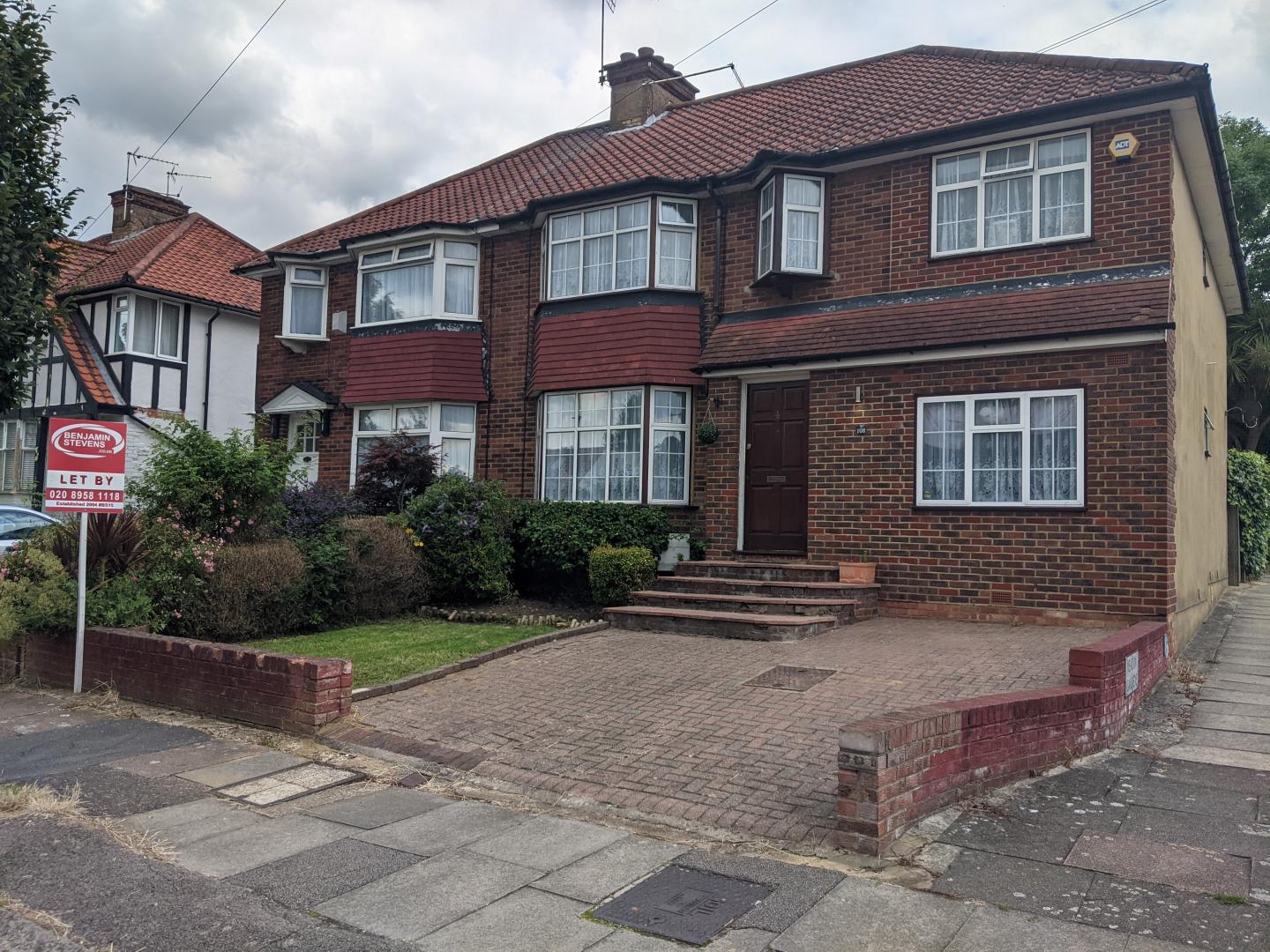
 By
By 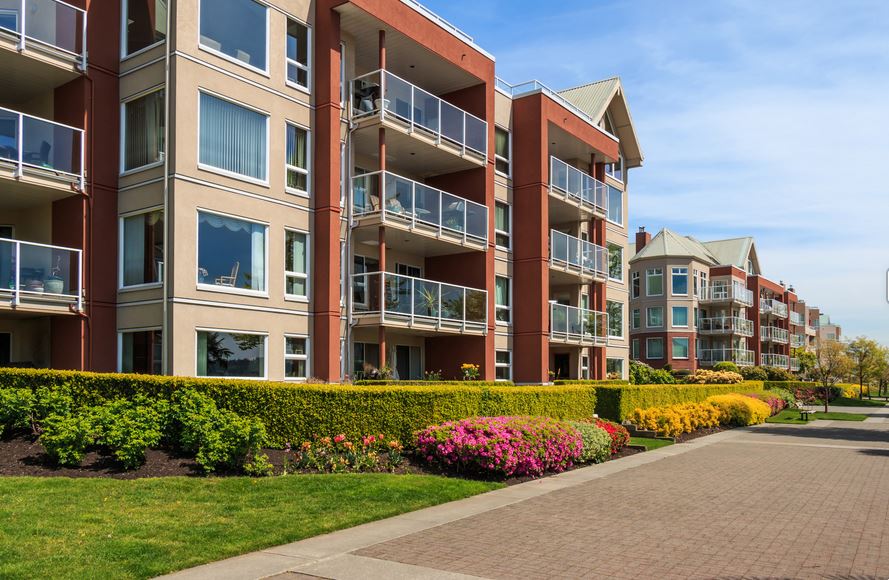
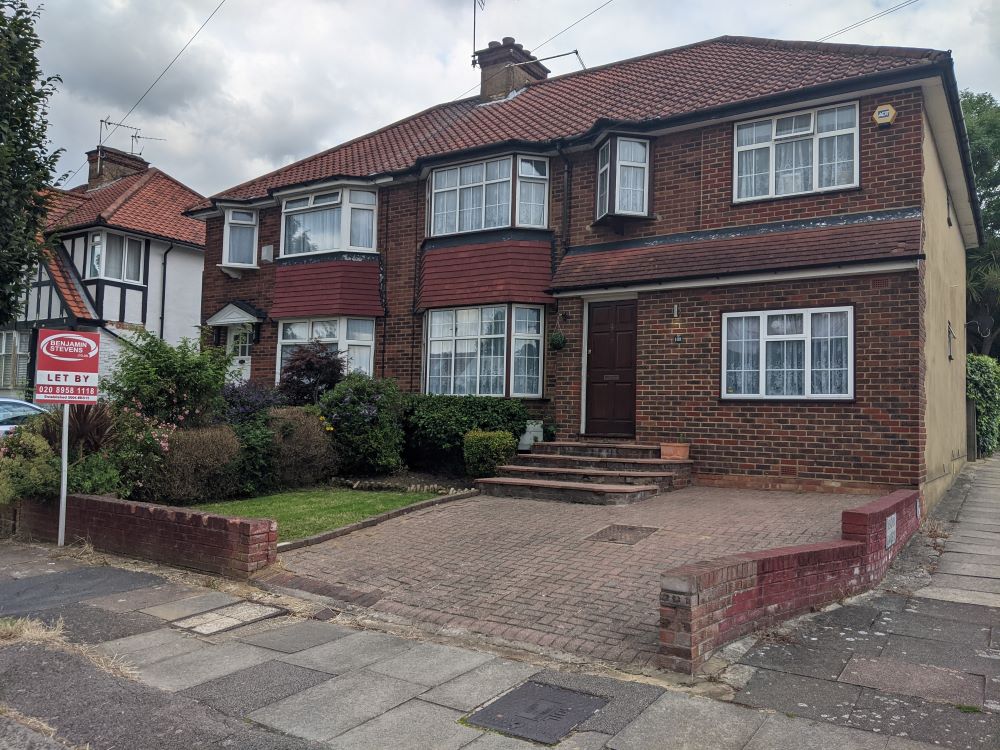
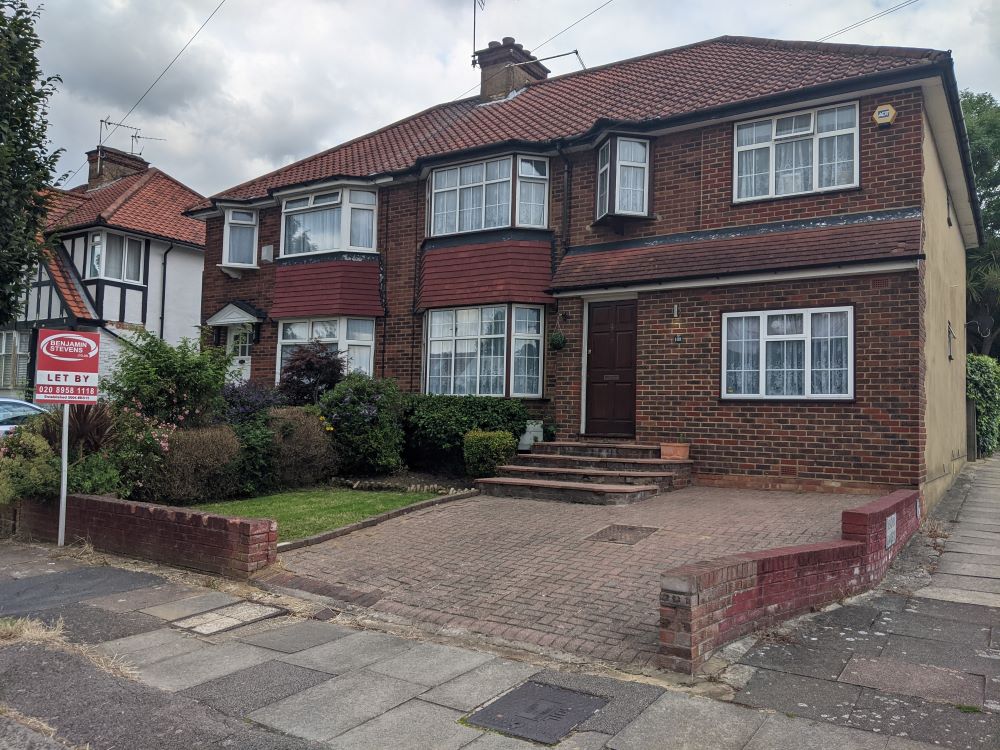
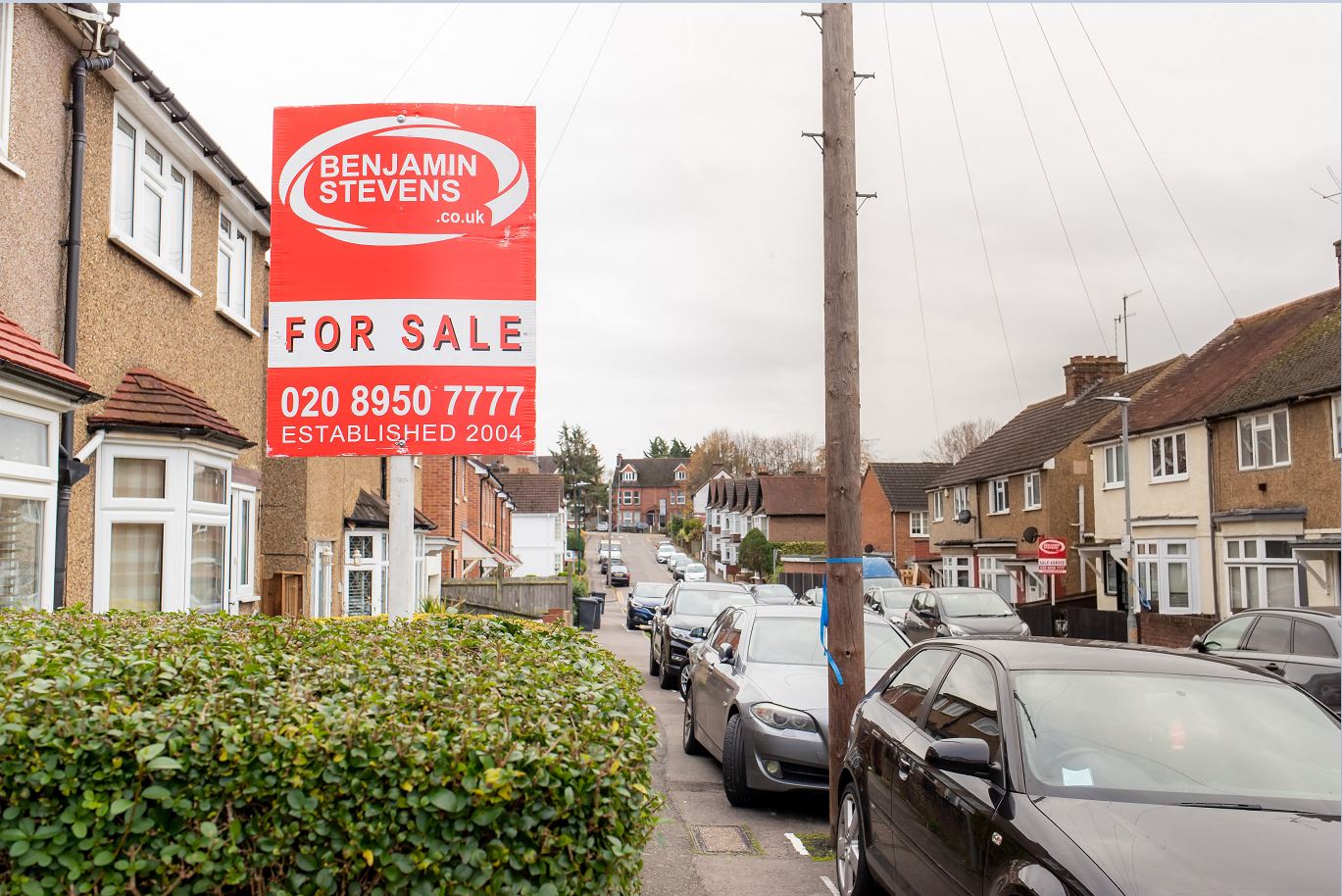
Share this with
Email
Facebook
Messenger
Twitter
Pinterest
LinkedIn
Copy this link